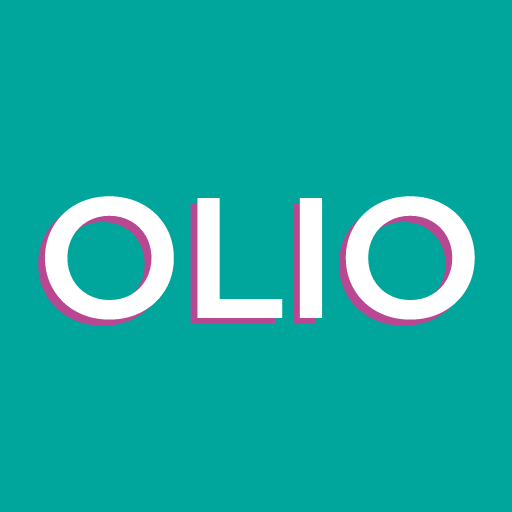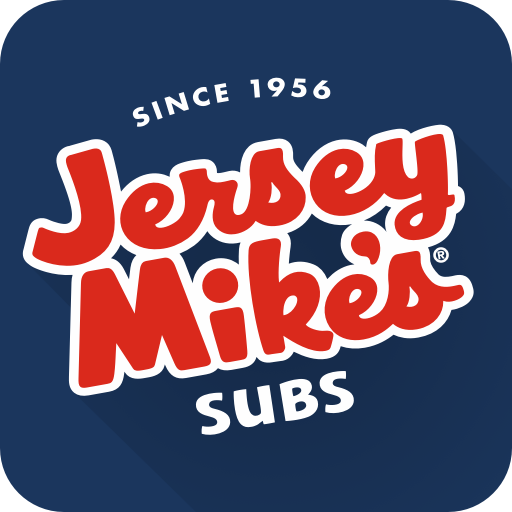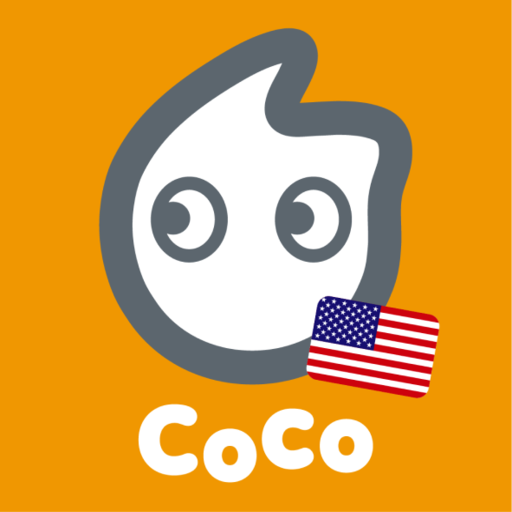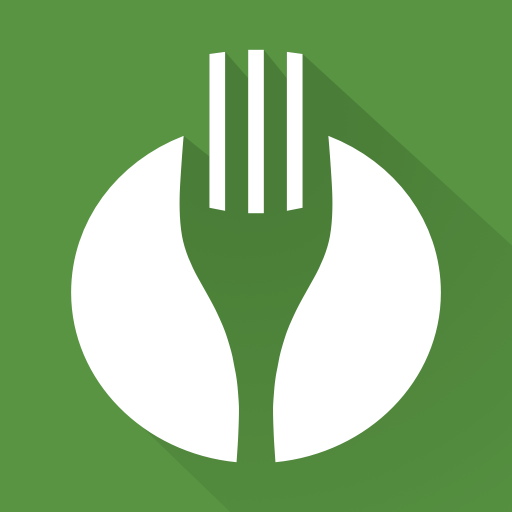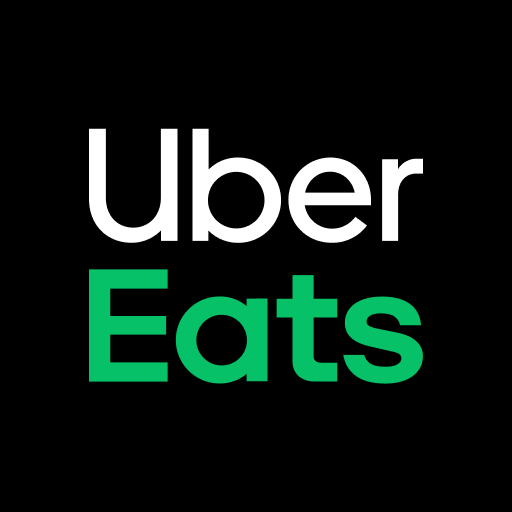OLIO
About this app
If you are seeking a method to decrease food waste, save money, foster community, and contribute to environmental conservation, consider exploring the platform called OLIO. This includes understanding the platform, its functionalities, advantages, limitations, initial steps for participation, and optimal usage of the application.
Additionally, alternative platforms to OLIO will be discussed to provide a comprehensive view, followed by concluding remarks on the effectiveness of this service. Take a closer look at OLIO to uncover opportunities for sharing and reducing waste.
What is OLIO?
- OLIO is a mobile app that aims to promote sustainable living by facilitating connections between individuals in local communities to share surplus food and reduce waste. It operates within the framework of a sharing economy, encouraging community members to engage in ethical consumption practices.
- Through the platform's food sharing network, users can easily share photos and descriptions of items they have available or are seeking, promoting a sense of community and collaboration. The user-friendly interface of OLIO simplifies the process of connecting with others, arranging pickups, and contributing to a more sustainable lifestyle.
- By enabling the redistribution of surplus food, OLIO not only aids in reducing environmental impact but also fosters a culture of generosity and care among its users.
How Does OLIO Work?
- OLIO operates through its user-friendly smartphone application, enabling users to share surplus food items with their local community members. The app focuses on promoting food sustainability and waste reduction initiatives by facilitating easy sharing and redistribution.
- Through OLIO, individuals can easily post excess food items that may have otherwise gone to waste, connecting with nearby users who are in need. The platform encourages a sense of community and altruism as users can browse through listings and request specific items they are interested in.
- By encouraging sharing and redistribution, OLIO contributes to reducing food waste and its environmental impact. The app's interface simplifies the process of posting, browsing, and requesting food items, making it accessible to users of all ages and technological proficiency levels.
What Are the Benefits of Using OLIO?
Using OLIO offers a variety of benefits, such as fostering a sense of community, promoting environmentalism, and contributing to a planet-friendly approach. The app allows users to have a significant social impact by engaging in ethical consumption practices.
- By connecting individuals within neighborhoods to share surplus food and other items, OLIO encourages a spirit of collaboration and generosity.
- Participating in the app's activities not only reduces waste but also supports sustainable living practices.
- Through these exchanges, users not only save money but also cultivate a deeper sense of responsibility towards the environment and those around them.
Ultimately, OLIO serves as a platform that not only promotes sharing and caring but also enables individuals to make mindful choices for the betterment of society and the planet as a whole.
1. Reduces Food Waste
- OLIO plays a crucial role in reducing food waste by facilitating the redistribution of surplus food items within the community.
- Through this process, OLIO aims to eliminate food waste and promote sustainable consumption practices.
- By providing a platform for individuals and local businesses to share excess food rather than discarding it, OLIO effectively channels resources to those who can benefit from them, ultimately working toward the common goal of reducing waste and fostering a more sustainable approach to food consumption.
- This innovative approach not only addresses the issue of food waste but also encourages a sense of community and cooperation as people come together to support each other and the environment through sharing and exchanging surplus food items.
2. Saves Money
Utilizing OLIO can lead to notable cost savings for users through facilitating resource sharing and endorsing ethical shopping practices. The application permits individuals to acquire quality items at no cost or at discounted rates within their local community.
This not only aids in cutting down on expenses but also contributes to a more sustainable consumption pattern. By connecting with neighbors and sharing items instead of purchasing new ones, users can save money while also reducing waste and advocating for environmental responsibility. OLIO nurtures a sense of community and collaboration, underscoring the significance of mindful consumption and ethical values.
Involvement with the app prompts users to reassess their purchasing behaviors and adopt a more conscious and responsible lifestyle.
3. Builds Community
- OLIO facilitates interactions and connections between neighbors to foster a sense of community. The app encourages individuals to engage in community-driven initiatives for social responsibility and the greater good.
- Through OLIO, neighbors can share surplus food, reduce waste, and support local businesses. By connecting with others in the neighborhood, users contribute to reducing food waste and create a network of support and collaboration.
- The platform enables users to form friendships and build a community that values sustainability and caring for one another. OLIO's emphasis on sharing resources and supporting one another promotes a culture of reciprocity, empathy, and collective responsibility.
4. Helps the Environment
OLIO's impact includes raising awareness about sustainable practices and promoting eco-friendly behaviors, which contributes to environmental conservation. The app supports sustainable development efforts and encourages users to adopt planet-friendly habits.
By facilitating connections between individuals and local businesses to share surplus food and household items, OLIO helps reduce waste and promote a circular economy. This sharing economy model not only minimizes carbon footprint but also fosters a sense of community and collaboration among its users. Such a collaborative approach aligns with the broader goal of sustainability and underscores the significance of collective action in addressing environmental challenges.
What Are the Drawbacks of Using OLIO?
Despite its various benefits, using OLIO can have some drawbacks, such as the limited availability of certain items, concerns about quality control, and potential safety issues related to sharing food within the community.
While OLIO is designed to promote a sense of community and reduce food waste, the restricted availability of specific items may be frustrating for users looking for particular products. Issues with quality control can also arise since users may not always provide accurate descriptions of the items they share, leading to disappointments or health hazards. Safety concerns about the proper handling and storage of shared food items can create risks for consumer health. To address these challenges, users are encouraged to communicate clearly, thoroughly inspect items, and prioritize food safety guidelines to minimize potential risks.
1. Limited Availability
One aspect to consider when using OLIO is the limited availability of specific food items, which is dependent on donations and community rescue initiatives. Users may encounter difficulties in locating certain desired items due to the fluctuating nature of availability.
To address this challenge, users can explore various categories on OLIO to broaden their chances of finding desired items. Actively participating in food donation efforts by offering items from their surplus can not only increase the variety of foods available on the platform but also help in reducing food wastage.
Users have the option to set up alerts for particular items they are seeking, receiving timely notifications when those items become accessible. By actively engaging in food rescue missions and sharing surplus items, users can enhance not only their personal experience but also contribute to the overall impact of the platform.
2. Quality Control
An issue with OLIO involves potential quality control problems that could arise during the redistribution of food items among users. Ensuring the freshness and safety of shared items may be a challenge, prompting users to monitor the quality of products being exchanged.
One effective approach to address these issues is to carefully examine items before sharing them on OLIO. It is important to verify expiration dates, check packaging integrity, and assess the overall condition of the food being offered or received. Open communication with other users about any quality or safety concerns is crucial.
Proper storage of perishable goods to preserve freshness and prevent cross-contamination should be considered. By emphasizing food safety and quality in the redistribution process, users can contribute to creating a safer and more dependable food sharing community on OLIO.
3. Safety Concerns
Safety concerns related to shared food items may present a potential drawback of using OLIO, highlighting the need for implementing technological solutions and robust mobile features to address and mitigate such risks. It is important for users to give due consideration to safety measures when participating in food-sharing activities.
Through the utilization of advanced AI algorithms and real-time tracking capabilities, platforms like OLIO have the ability to improve safety protocols and ensure the freshness and quality of shared food items. The inclusion of verification procedures for food handlers and the establishment of clear guidelines for packaging and labeling can also contribute to creating a safer environment for food sharing. Furthermore, the use of location-based services and encrypted communication channels can provide additional protection for user information and transactions. The prioritization of these technology-driven safety measures can effectively decrease the risks associated with shared food items and promote a more secure and pleasant food-sharing experience for all individuals involved.
How to Get Started with OLIO?
- Starting with OLIO is a straightforward process that involves engaging with your local community, embracing social innovation, and enjoying a seamless user experience. Joining OLIO can introduce you to a world of sharing, connection, and positive change.
- After downloading the OLIO app, the first step is creating your profile to display your location and preferences. Use the platform's search function to find nearby neighbors who are willing to share surplus food, household items, or homemade goods.
- Engage in the community by posting listings of items you want to share or exploring offerings that meet your needs. Take part in conversations with other users, share tips on waste reduction, and experience the satisfaction of contributing to a sustainable, collaborative environment.
- Leverage OLIO's features like notifications for nearby listings and scheduling pickups to enrich your sharing experience.
How to Use OLIO?
Effectively utilizing OLIO involves promoting food security, sharing resources, and fostering meaningful neighborhood connections. By actively engaging with the app and its features, users can contribute to a sustainable ecosystem that prioritizes community well-being.
When users join OLIO, they have the opportunity to reduce food waste by sharing surplus food with neighbors instead of letting it go to waste. This not only helps individuals in need but also contributes to a larger impact on reducing food insecurity within communities.
By participating in OLIO's platform, individuals can also discover new connections with their neighbors, creating a sense of unity and support within the neighborhood. Through these interactions, users can strengthen community ties and work together towards a more sustainable and inclusive future.
1. Posting Items
Posting items on OLIO is a fundamental step in contributing to food redistribution efforts and engaging with the digital community. By sharing surplus food or goods, users actively participate in building a network of support and resource exchange.
This practice not only helps reduce food waste but also fosters a sense of community as individuals come together to support a common cause. When posting items, remember to provide clear details about the items, their condition, and any relevant expiration dates. This transparency ensures that recipients can make informed decisions about what they are receiving.
Engaging with other OLIO users through messages and comments can lead to meaningful connections and friendships within the digital community, creating a positive environment for sharing and collaboration.
2. Requesting Items
Utilizing OLIO to request items allows users to access environmentally-friendly products and uphold ethical values in their consumption habits. By searching for specific items within the community, users can align their values with sustainable and ethical practices.
It is important for users to consider the impact of their choices when requesting items on OLIO. By prioritizing environmentally-conscious and ethically sourced products, users contribute to a more sustainable future.
Adopting responsible consumption practices not only benefits the environment but also supports local communities and small businesses. Selecting items that correspond with personal values and beliefs helps to foster a culture of sustainability and ethical values within the community.
Collectively, through small actions like requesting environmentally-conscious items on OLIO, a meaningful impact can be made towards creating a more sustainable world.
3. Arranging Pick-up or Delivery
Coordinating pick-up or delivery on OLIO plays a crucial role in participating in waste reduction efforts and supporting sustainable practices. Users have the ability to organize the exchange or transfer of shared items to facilitate smooth transactions and minimize environmental impact.
By making use of OLIO's platform, individuals can readily connect with nearby users to plan pick-up or delivery of items, promoting a community-oriented approach to waste reduction and environmental awareness. This process entails effective communication between parties, establishing convenient exchange timelines, and opting for environmentally friendly transportation methods whenever feasible. Through active involvement in these logistical arrangements, OLIO users play a role in creating a greener, more sustainable future by prolonging the usefulness of goods and decreasing the carbon emissions linked to conventional waste disposal methods.
What are the Alternatives to OLIO?
While OLIO serves as a prominent tech startup with a focus on social good and sustainability, there are various alternatives available in the market that cater to similar objectives. Exploring different platforms can present users with a range of options for participating in community-driven initiatives.
For individuals interested in alternatives to OLIO, platforms such as ShareWaste and Too Good To Go provide distinctive solutions for minimizing food waste and advocating for sustainability. ShareWaste connects people with excess food to neighbors who are keen on composting, fostering a sense of community and environmental consciousness. On the contrary, Too Good To Go allows users to buy surplus food from local businesses at reduced prices, thereby cutting down on food waste and backing local economies. Each platform offers its own unique features and advantages, so it is advisable to invest the time in comparing them and selecting the one that best aligns with your values and objectives.
1. Food Waste Apps
Food waste apps provide innovative solutions similar to OLIO by establishing a digital platform for sharing surplus food within a community-based network. These apps are focused on reducing food waste and encouraging sustainable consumption practices through the utilization of technology.
By leveraging digital platforms, these food waste apps allow users to easily engage with local communities or organizations to share extra food items that would otherwise be wasted. With user-friendly interfaces and features like real-time notifications and geolocation services, individuals can promptly locate recipients for their surplus food, promoting a sense of community cooperation and environmental responsibility.
These apps play a vital role in tackling the global food waste challenge by facilitating the redistribution of surplus food resources in a convenient and effective manner.
2. Food Sharing Programs
Food sharing programs provide community-centric approaches to sharing resources and promoting ethical shopping practices, aligning with OLIO's mission of fostering community engagement and sustainable consumption. These programs encourage active participation in ethical food practices.
By connecting individuals who have surplus food with those in need, these initiatives not only reduce food waste but also emphasize the importance of sustainable consumption and ethical values. Participants in food sharing programs have the opportunity to build relationships with others in their community while actively contributing to a more sustainable food system.
The shared objectives of these programs focus on creating a sense of shared responsibility towards the environment and promoting a culture of mindful consumption and sharing among community members.
3. Community Food Swaps
Community food swaps offer opportunities for individuals interested in sustainability to engage in social innovation and promote eco-friendly practices within their local communities. These initiatives promote the exchange of goods and resources while cultivating a culture of community support.
Engaging in community food swaps allows individuals to play a role in reducing food waste and contribute to a network centered around shared values of environmental stewardship. These events provide a platform for ordinary people to connect with fellow community members who share a passion for building a more sustainable future. Through these exchanges of homegrown produce or homemade goods, participants not only trade items but also build relationships that enhance the community's cohesion.
Final Thoughts on OLIO
- OLIO serves as a platform for waste reduction initiatives, emphasizing social responsibility and community-driven actions towards a more sustainable future. Through its unique methods of food sharing and ethical consumption, OLIO motivates individuals to have a positive influence on the environment and society.
- By facilitating the sharing of surplus food and other items among neighbors and local businesses, OLIO promotes a sense of communal accountability and community involvement. This not only decreases food waste but also prompts users to contemplate their consumption patterns and environmental impacts. OLIO's commitment to fostering a sustainable world is demonstrated through its efforts to establish a network of individuals who share the belief in utilizing resources for the common good.
- Overall, OLIO sets a standard for utilizing technology for social progress and environmental care.
Related Apps
-
Jersey Mike'sGETFood and Drink
-
Fivesec HealthGETFood and Drink
-
Uber Eats: Food DeliveryGETFood and Drink
